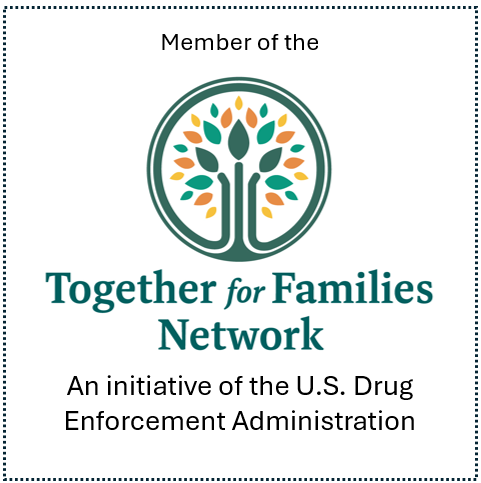It All Belongs
Ask the Experts | Mary Beth Garvey
My kids and their friends are struggling with the suicide of a classmate, and they respond to this tragedy in such different ways. How do we talk to our teenagers about suicide?
Mental health data is showing that record numbers of kids report persistent feelings of sadness, anxiety and hopelessness over the last decade and that mental health issues have been further exacerbated since the pandemic. There are many contributing factors, among them our culture’s focus on performance and the excess use of social media. Paradoxically, another stressor can be parents’ focus on their children’s happiness. Though well-intentioned, this may be counterproductive to children’s well-being in the long term.
As parents, we understandably want our kids to feel good and to be positive. Optimism and positivity are traits that contribute to satisfaction and competency across all life areas. Focusing too exclusively on being happy or maintaining a positive stance, however, can actually undermine our children’s’ ability to identify and manage the complicated or painful emotions they inevitably experience.
Children can mistakenly internalize the idea that they are supposed to feel happy, grateful, optimistic, or satisfied. They learn to mask or deny undesirable or negative feelings when the implicit or explicit message is they should be happy. It can be healthier to have a broad spectrum of emotions normalized.
Realistically, we need to make room for all of it. It all belongs. Our wide emotional range – with all the good and bad that comes with it – is invaluable in navigating life’s difficulties, developing our competencies, recovering from disappointment and pursuing what is meaningful to us. Our resilience comes from our challenges, so the negative is just as important as the positive.
It is difficult as parents to watch our children struggle, but there are risks in trying to move them to a positive place too quickly, rather than observing or validating where they are. They need room to attend to the negative landscape, learn how to tolerate the difficult emotions and trust themselves to regulate them or reset in a constructive way.
There are costs to neglecting our negative emotions. There are also gifts in observing them:
- When we deny what we experience, it plays out somewhere. Being curious about what we are feeling helps us to assess what is accurate about what we are telling ourselves and what is not. When we identify feelings like anger or grief, we have more control over how they take shape. Not being aware of what’s driving us is the difference between being reactive or intentional.
- Ignoring negative feelings prevents us from using data that can help us to problem solve, or act in our own best interest. Negative emotions can be productive. For example, anxiety can motivate us, anger can prompt us to have boundaries or set limits, and envy may help us clarify what we want for ourselves.
- An inability to identify or express emotions can compromise relationships. Our capacity for empathy, compassion, intimacy and resolving differences is enhanced through our emotional literacy, as is our ability to both express our needs and to meet the needs of others.
- When we don’t develop the skills to tolerate negative emotions, there is a risk of numbing out. We see this with alcohol and substance use, excessive spending or working, or social media use. Developing tolerance doesn’t suggest that we want to stay in the negative, only that we can handle those feelings until we have figured out a constructive way to get support or to navigate them.
Helping our children to foster happiness and positivity is important. Expecting them to be in that space all the time, or trying to move them too there too quickly, may rob them of the opportunity to figure out how to constructively regulate their feelings or sort out what may be useful about what they are experiencing. There is competency to be gained in being attentive to the wide range of emotions we experience.
Mary Beth Garvey, LMSW, is a licensed social worker with more than 25 years of experience providing individual, group and family therapy in the private and public sectors. Check out her blog at https://www.marybethgarveytherapy.org/.






